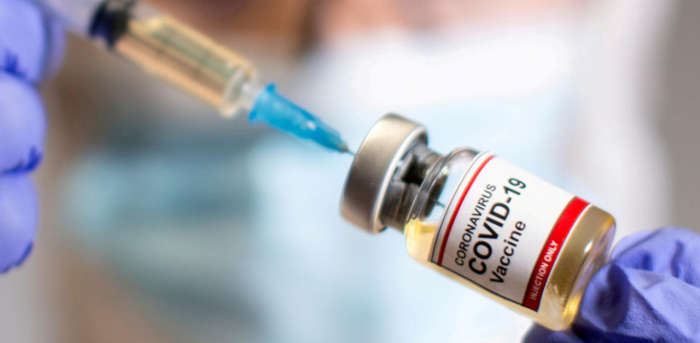
As more evidence emerged that the second dose of Covishield is critical for adequate protection against infection and hospitalisation caused by the Delta variant of the Sars-CoV-2 virus, government experts in charge of India’s coronavirus vaccination strategy have held meetings and are considering reducing the gap between the two doses of Covishield, at least for vulnerable groups.
On May 13, India increased the time between second doses for people who receive the Covishield vaccine from six to twelve weeks, citing better efficacy data from the United Kingdom. However, three days later, the UK reduced the gap for people over 50 to eight weeks from twelve, citing the more serious threat posed by the Delta variant, which has become the virus’s predominant strain in the UK.
On Monday, the United Kingdom released new data showing that people who received both doses of the Oxford-AstraZeneca vaccine were protected from hospitalisation in 92 percent of cases (Covishield is the made-in-India version of the dose). Those who received only one dose had a much lower efficacy against hospitalisation (71%) than those who received two doses. The country also reduced the time between doses for those over the age of 40 on the same day.
A number of experts in India have urged the government to follow suit; Delta is thought to be the dominant strain in this country as well.
“The technical groups are debating the eight-week gap. The matter will be referred to NEGVAC (the national expert group on vaccine administration for Covid-19) once they have reached a conclusion,” said a top Indian government official familiar with the development who did not want to be identified.
Public Health England found that if only one dose of the Oxford-AstraZeneca vaccine was given, vaccine efficacy against symptomatic disease fell to 30%, compared to 67 percent when both shots were given, in a study of 14,019 symptomatic Delta variant infections, including 166 who were hospitalised.
Comparable figures for the Pfizer-BioNTech vaccine were 36 percent and 88 percent, respectively. These figures are similar to those reported last month, and they have led to the Boris Johnson government narrowing the gap between doses and delaying the planned lifting of remaining Covid-19 restrictions (the current extension is till July 19)
In India, experts said they were looking at such findings and more. “While we are open to reviewing the gap, it’s a misconception that we blindly follow the West. The truth is we are more focused on looking at the data being generated within the country to make important vaccine-related decisions. We followed the four-week interval in India when UK was following the 12-week gap, so we may be looking at the evidence coming from the West, but our decisions pivot around the data that will tell us what’s best for our people. India data is crucial for us and we are closely watching it,” said Dr NK Arora, chairman, Covid working group on vaccines.
He added: “We already have results of two studies before us from north and south India— one from PGI Chandigarh and another from CMC Vellore— that clearly tells us that irrespective of the Covishield vaccine dose interval, people getting a single dose or both the doses are having similar protection against the Delta variant (B.1.617.2) and Alpha variant (B.1.1.7).”




